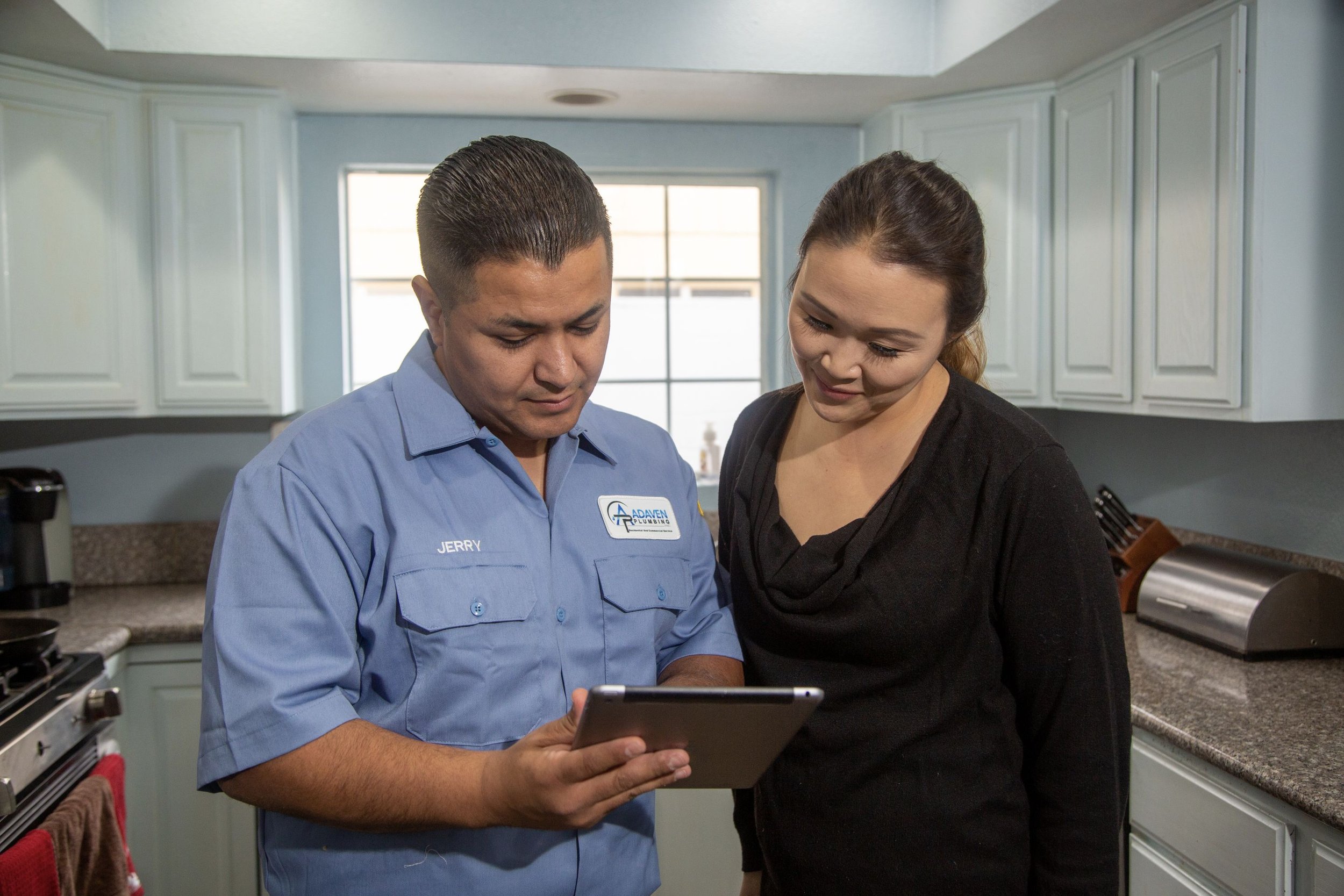How to Choose the Right Water Softener
Hard water can cause various problems in households, including scale buildup in pipes and appliances, reduced soap and detergent efficiency, and dry skin and hair.
Water hardness is the concentration of minerals, primarily calcium and magnesium, in water. Hard water can cause various problems in households, including scale buildup in pipes and appliances, reduced soap and detergent efficiency, and dry skin and hair. To address these problems, many homeowners opt for water softeners. Selecting the appropriate water softener requires careful consideration of several factors to achieve optimal results.
Determining Water Hardness Levels
Before choosing a water softener, it is crucial to determine the hardness level of the water supply. Water hardness is measured in grains per gallon (GPG) or parts per million (PPM). A water test can be conducted using home testing kits or by consulting a water softener professional. The results can guide the selection process, as different softeners are designed to handle varying levels of water hardness.
Types of Water Softeners
Several types of water softeners are available on the market, each with its advantages and limitations:
Salt-Based Ion Exchange Softeners: These systems use resin beads to attract and remove hard water minerals, replacing them with sodium ions. They are very effective but need regular salt replenishment.
Salt-Free Water Conditioners: Instead of removing minerals, these systems alter their structure to prevent scale buildup. They are low-maintenance but may not be as effective for extremely hard water.
Dual-Tank Softeners: Ideal for households with high water usage, these systems feature two resin tanks to provide a continuous supply of soft water.
Magnetic Water Softeners: These devices utilize magnetic fields to change the conduct of minerals in water. While less effective than other methods, they are easy to install and require minimal maintenance.
Considering Household Size and Water Usage
The size of the household and daily water consumption play significant roles in selecting an appropriately sized water softener. A system that is too small may struggle to keep up with demand, while an oversized unit can be inefficient and wasteful. Water softener professionals can help calculate the ideal system size based on the number of occupants, water hardness levels, and average daily water usage.
Evaluating Flow Rate Requirements
The flow rate of a water softener determines how quickly it can process and deliver soft water. For larger households or those with multiple water-using appliances, a higher flow rate is necessary to maintain adequate water pressure and supply. Consulting with a water softener professional can help determine the optimal flow rate for specific household needs.
Salt Efficiency and Regeneration Frequency
Salt-based softeners require periodic regeneration to maintain their effectiveness. During this process, the resin beads are flushed with a brine solution to remove accumulated minerals. More efficient systems use less salt and water during regeneration, resulting in lower operating costs and reduced environmental impact. Consider systems with demand-initiated regeneration, which only regenerate when necessary rather than on a fixed schedule.
Installation and Maintenance Requirements
Some water softeners are designed for easy DIY installation, while others may require professional installation. Consider how complex the installation process is and whether professional assistance is necessary. Additionally, evaluate the ongoing maintenance requirements of different systems, including salt replenishment, filter changes, and periodic cleaning.
Cost Considerations
The cost of a water softener includes both the initial purchase price and long-term operating expenses. While a more expensive system may offer advanced features and higher efficiency, it is essential to balance the upfront cost with potential savings on water, energy, and maintenance over time. Consulting with a water softener professional can provide insights into the most cost-effective options for specific situations.
Environmental Impact
When selecting a water softener, consider its environmental impact. Salt-based systems discharge brine during regeneration, which can affect local ecosystems. Salt-free alternatives or high-efficiency systems with reduced salt usage may be preferable in environmentally sensitive areas. Some regions have regulations regarding water softener discharge, so it is important to check local guidelines before making a decision.
Warranty and Client Support
A good warranty and responsive support are crucial factors when choosing a water softener. Look for manufacturers that offer detailed warranties covering both parts and labor. Additionally, local service technicians should be considered, as well as the company's reputation for customer support.
Consulting with a Water Softener Professional
Selecting the right water softener can be a complex process, given the numerous factors to consider. Consulting with a water softener professional can provide valuable insights and personalized recommendations based on specific household needs, water quality, and local conditions. These experts can conduct thorough water tests, assess installation requirements, and offer guidance on the most suitable options.
By carefully evaluating these factors and seeking expert advice when necessary, homeowners can select a water softener that effectively addresses their hard water issues while meeting their specific needs and budget constraints. The right water softener can significantly improve water quality, protect plumbing and appliances, and enhance overall household comfort and efficiency.
Adaven Plumbing is a family-owned residential and commercial plumbing company specializing in water heater installation, repair, or replacement, water filtration, water softeners, garbage disposal installation, garbage disposal repair, and garbage disposal replacement. We are licensed and available 24 hours, Monday to Saturday.

